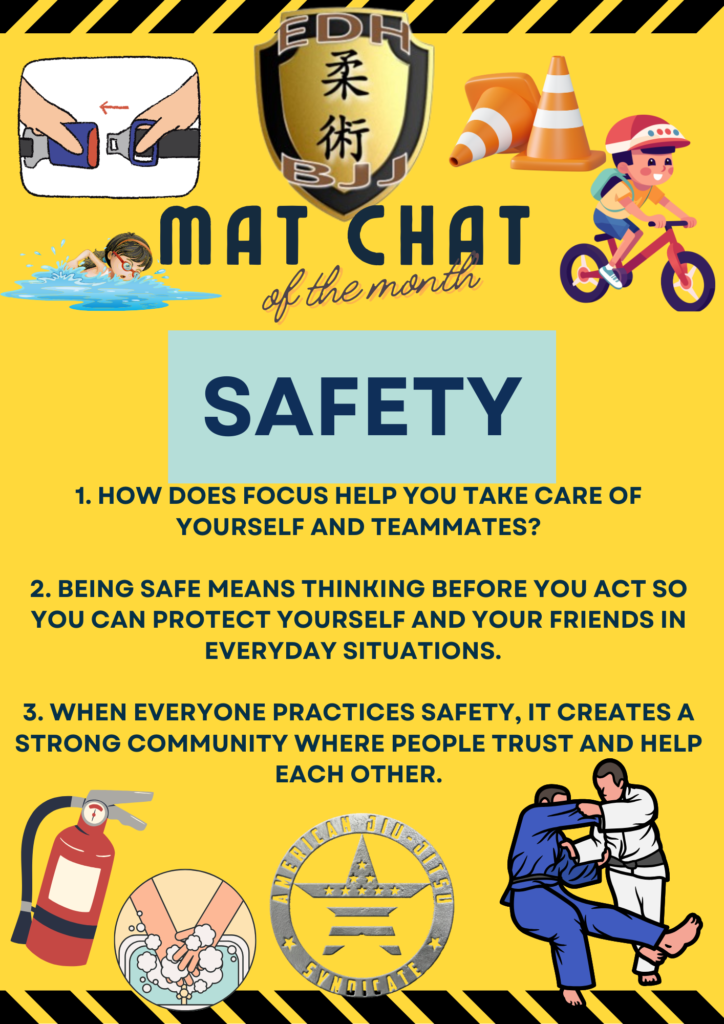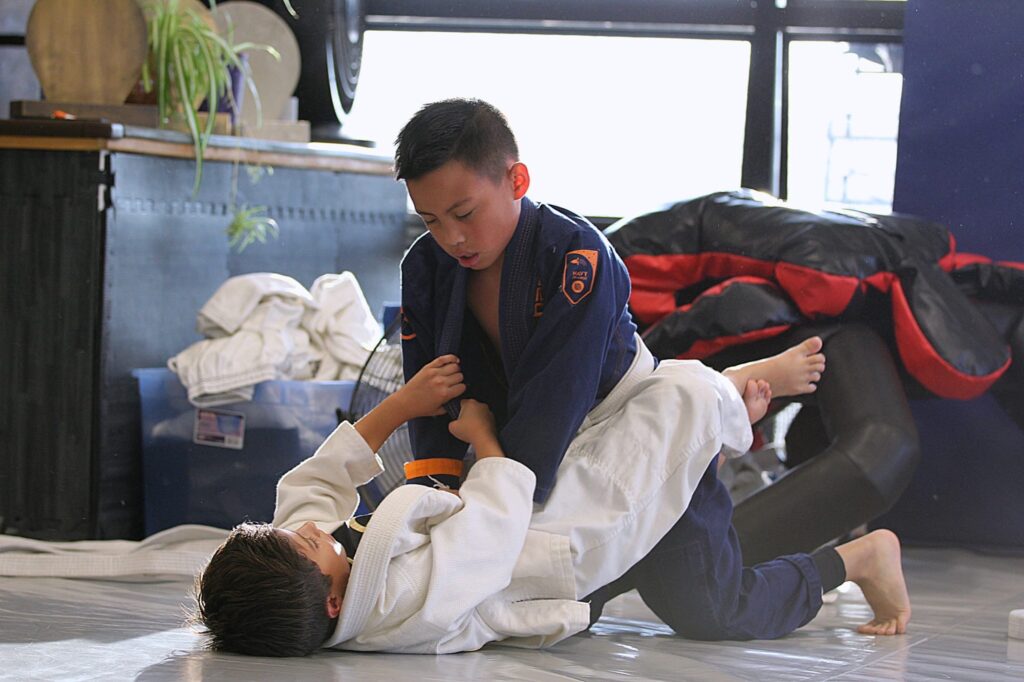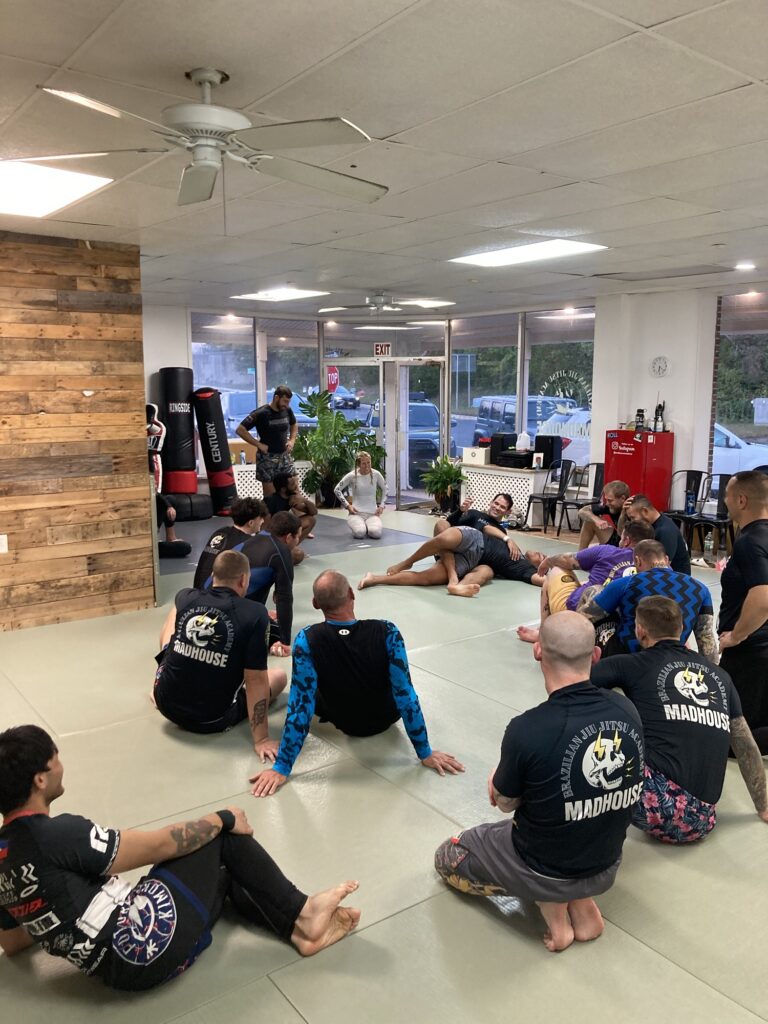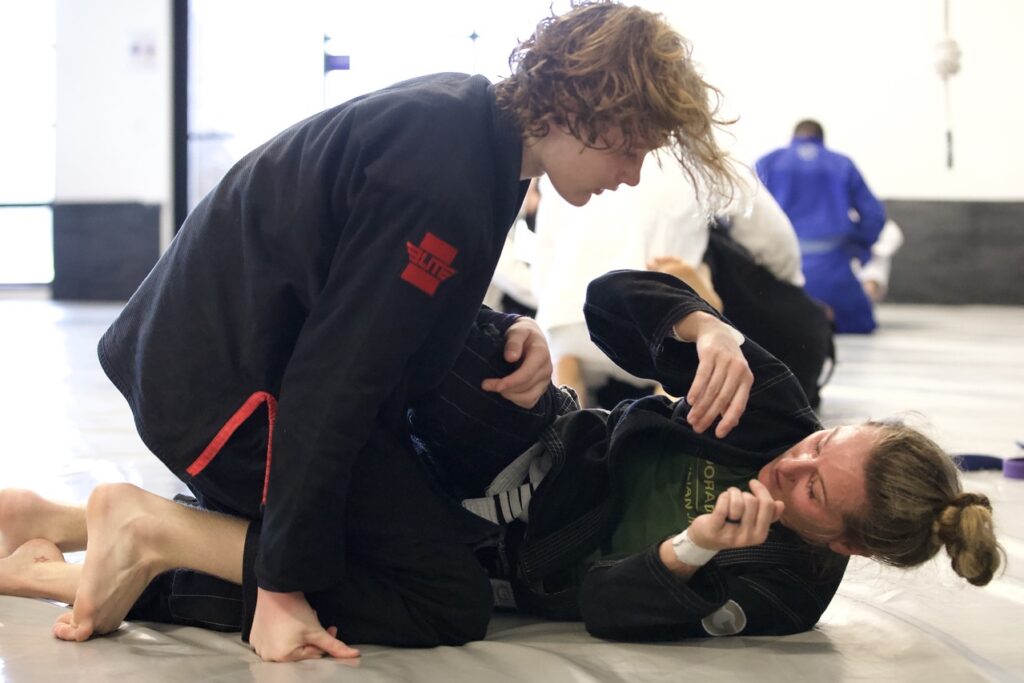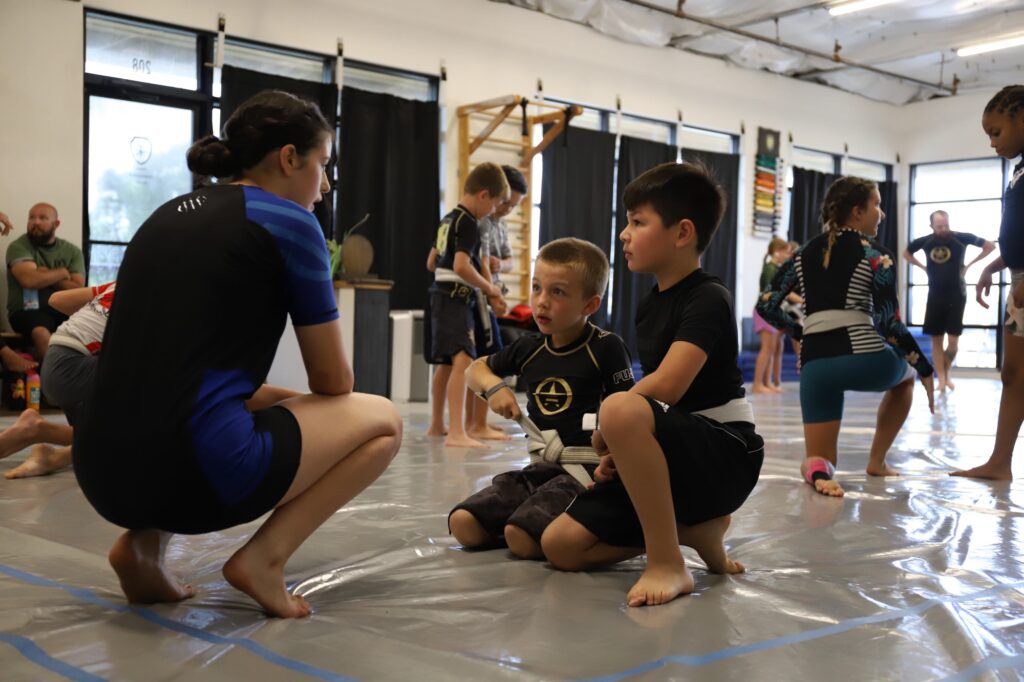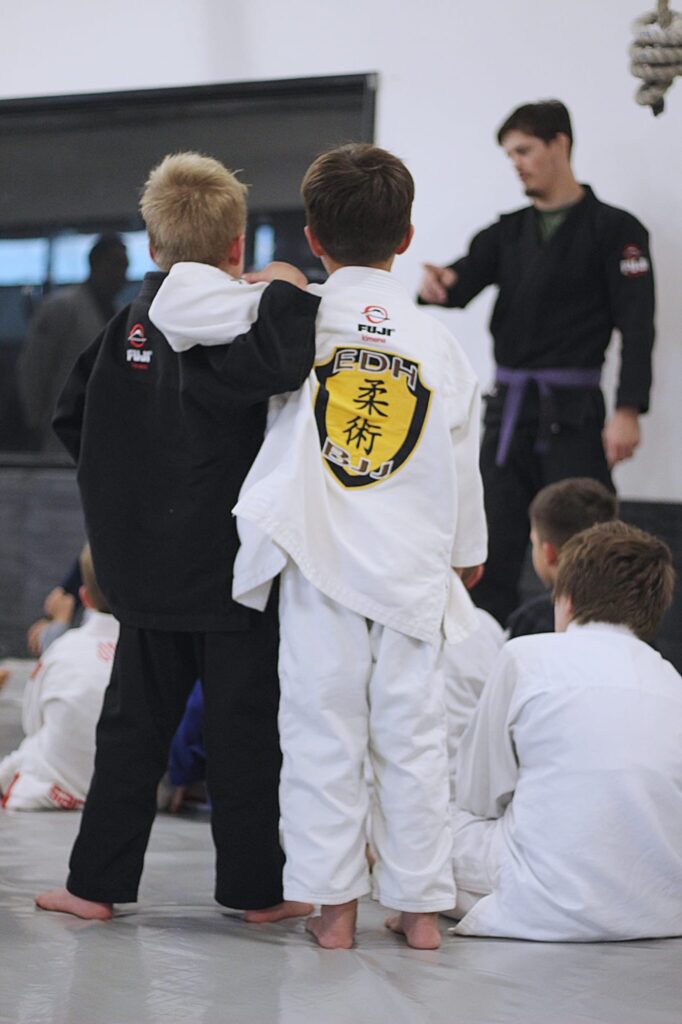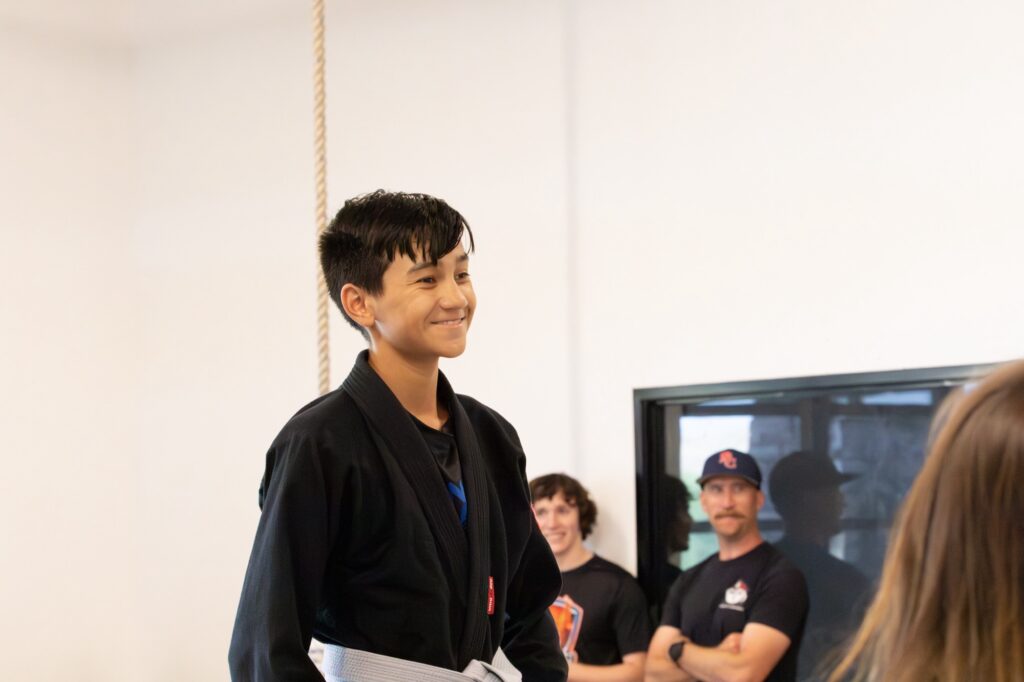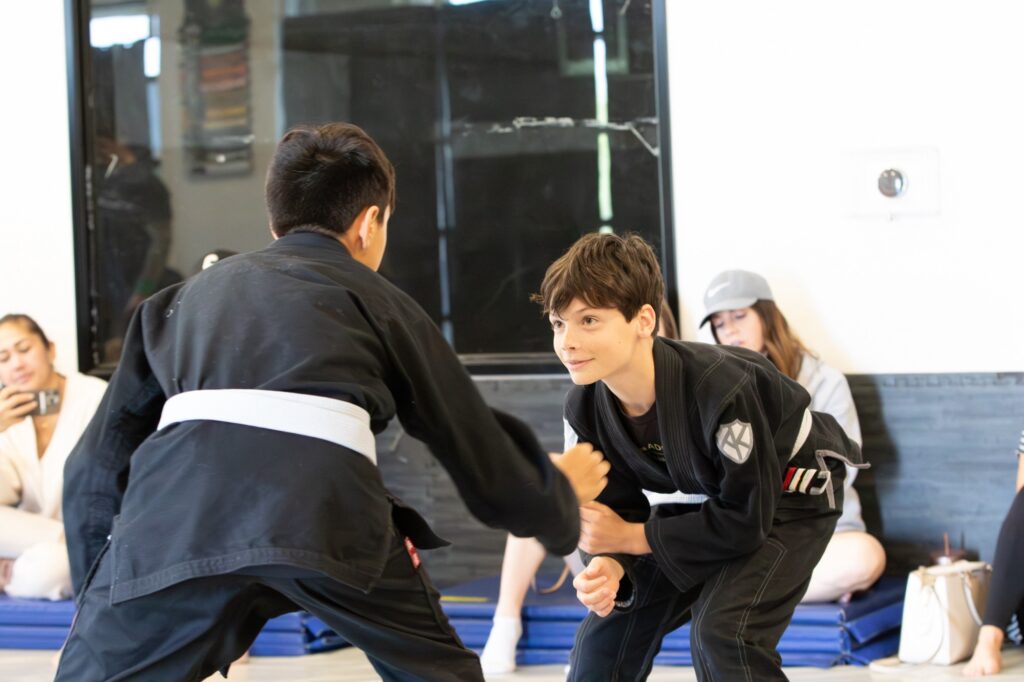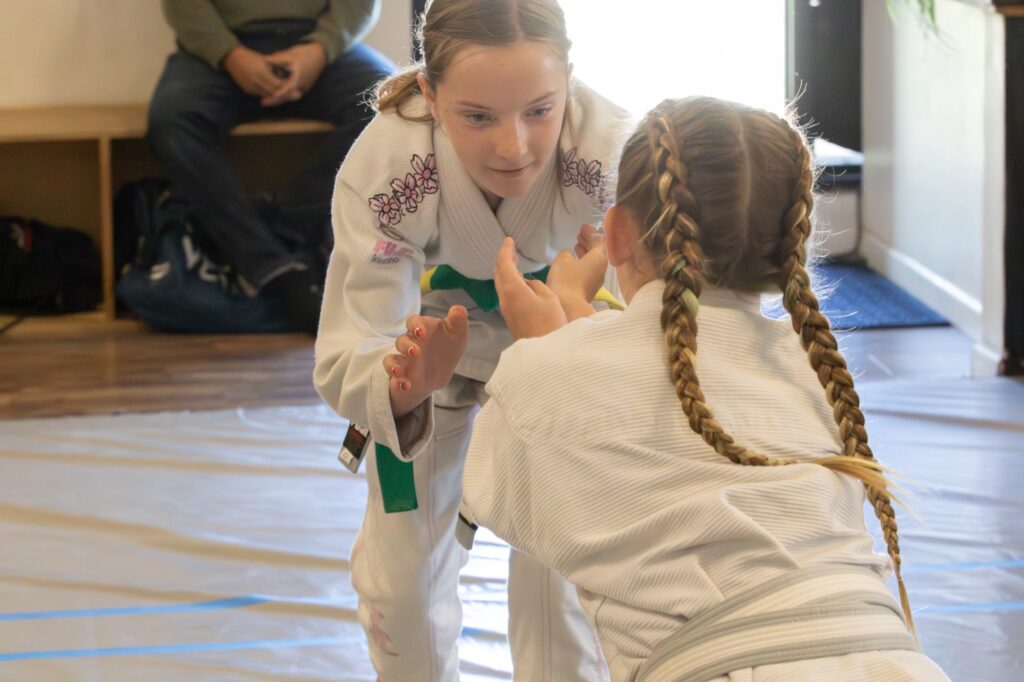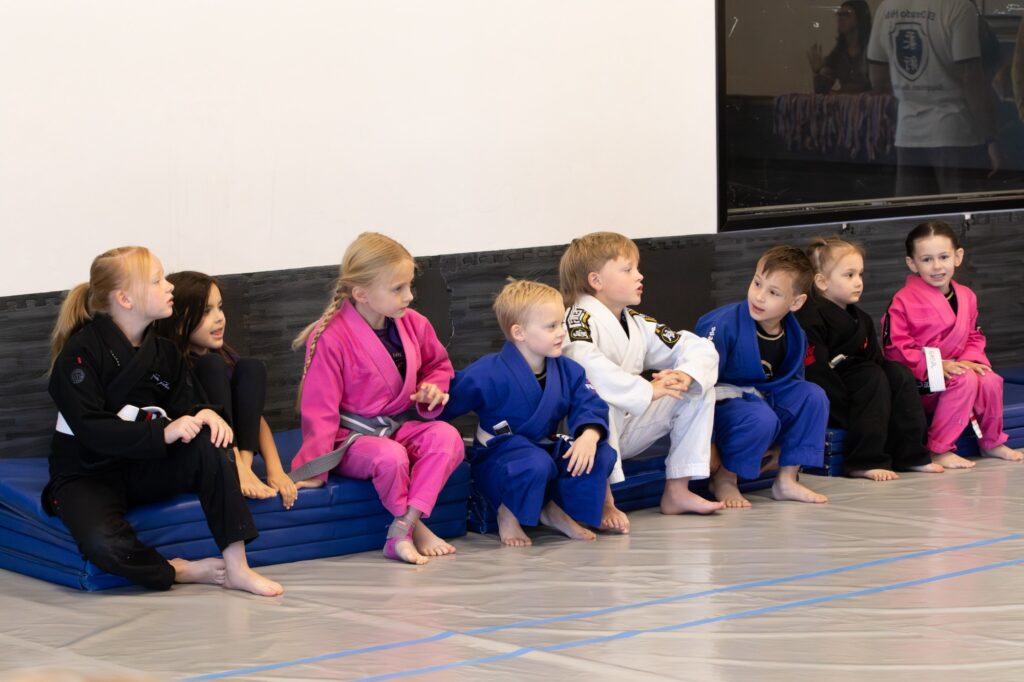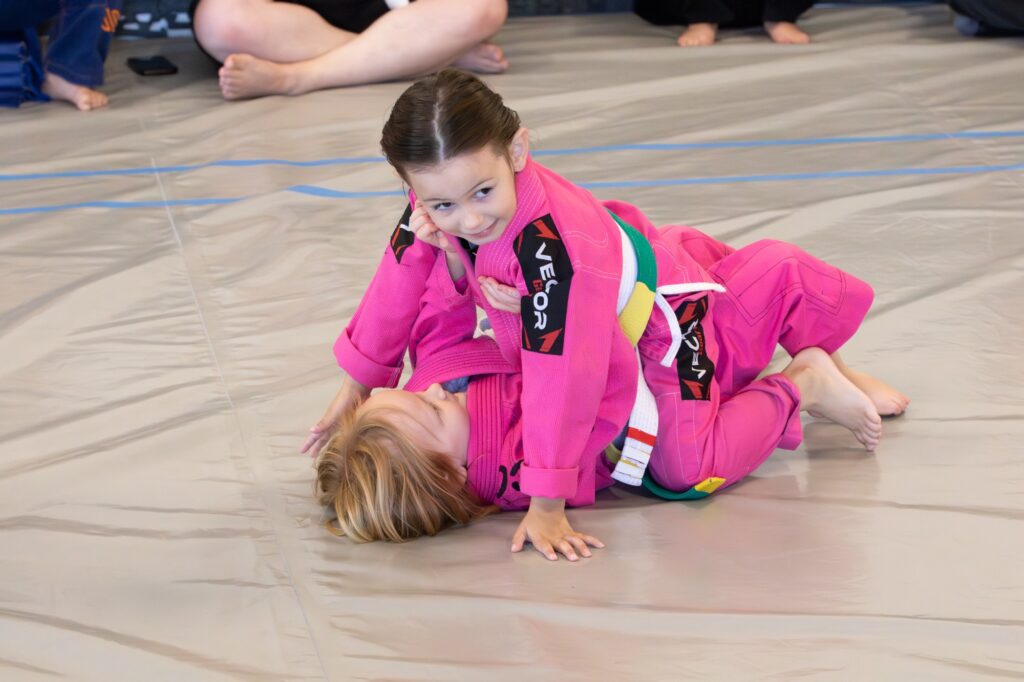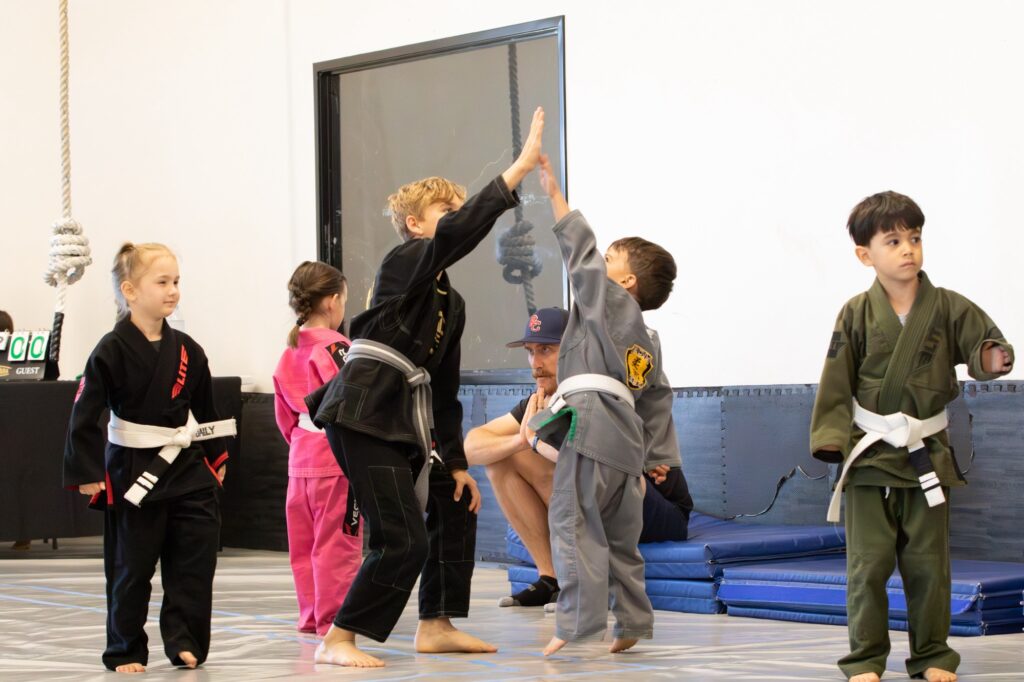By Aaron Martinez
Ironically, I’ve been trying to find the time to complete this piece for over a month now, and that ended up being a good thing. I realized the entire point of Time Management was to find organized amounts of time to complete and maintain the priorities in your life. My schedule is a complete mess and my goals rarely coincided together in a convenient pattern. I bet most other responsible people can relate to this. Especially in BJJ there is a constant struggle with your daily life of work, school, family, and routine; constantly getting in the way of your time on the mat.
Prioritize
The first step to organizing your time and deciding when you have the time to train consistently will completely depend on your schedule. Since I started training I have gone through three completely different careers, and with each one a distinctly different schedule to train.
When I first started, it was simple. I worked at a desk in a bank and we did not have kids yet. So, every night after work and on the weekends I was free to train. My training schedule was only limited to what my White Belt level conditioning would allow. I trained every other day.
A few years I earned my Blue Belt, I was laid off and had a completely open schedule to train. My friends teased me, calling me the professional Blue Belt. I trained as much as possible, at least once if not two times a day. I eventually started a small Pest Control business and was able to make my own schedule. I’d schedule work during the day and went back to training at night and on the weekend. Not too long after that we had our first daughter, and for the first time training was not the priority it had been since I started. Training and work now conflicted with helping my wife with the baby, and I had to clearly state my top priorities to myself: 1. Family 2. Work 3. BJJ. I gave up going out drinking with my buddies or making the trip to see a ball game. I had my priorities and I struggled to find time for just those three.
Schedule
I clearly defined my top priorities, and now I had to develop a schedule that would allow me to accomplish my long term goals while maintaining my day to day life as Family man, business owner, and BJJ Practitioner. I’d wake up before 5am and work until the morning classes started. After the morning class I’d work until my wife had to go to her job, and I’d come home and take care of my daughter until bedtime. It was different than before, but I was able to nurture all three Priorities on a daily basis as a result of my schedule.
After earning my Purple Belt my other daughter was born, which altered my schedule again. In addition to my three priorities I had to make sure the schedule made sense. I didn’t want to just take care of my daughters. I wanted to be as present as possible with my attention and awareness. I couldn’t just kill myself at work and on the mats, and then expect to be the best father I could be. I also wanted to make as much money as possible, while still progressing at Jiu-Jitsu. So, the schedule took more thought and planning. I had to make sure there were blocks of time to rest and recover.
Organizing and Optimizing
Once again my belt changed and once again my schedule changed. At Brown belt I knew I had to take training and competing more seriously than I had in the past. I wanted to incorporate weight training into my schedule. Going to a gym was out of the question. My schedule had no time for it. I bought some equipment and found a trainer who designed fitness programs remotely. Is this the best way to work with a trainer? Of course not, but this was not one of my Priorities. I wanted to weight train to help with my priority of being a BJJ practitioner. I had to Optimize the time I had available. Instead of spending 30 minutes driving to a gym and 30 minutes driving back, I could spend that hour working out at home.
My BJJ training schedule was also organized in a manner that allowed for heavy competition training, followed by drilling the next day. This allowed for recovery, but also kept me on the Mat every day. When I was at work I wanted to focus on work, and it was the same for my time with my family. I made sure I got everything I needed by training at least six days a week. And when a competition was around the corner I would change my schedule accordingly. I’d take a little less work and get a little more help from the in-laws to allow more training.
BJJ as a Priority
The reason I always made BJJ such a high priority behind Family and Work, was that it encompasses so much life into one activity. The physical fitness is obvious, but also the social aspect, and the mental health benefits that come along with training. Training BJJ has helped me prioritize my life, learn to create schedules, and organize time better. I didn’t learn to do all of this to train BJJ. Training BJJ helped me develop this to have a better life
Letting go of the rest
Trying to find the time to write this reaffirmed what I had come up with in the past. There are things that you want to do that aren’t priorities, and that will not get done or will take longer than anticipated. And that is okay. You have to be okay with taking care of your priorities and doing your best to accomplish the rest.
There will also be emergencies and roadblocks that will keep you from maintaining your priorities temporarily, and that is also something you have to be okay with. If you injure your back right before Worlds, there is nothing you can do. Use that time to nurture your other priorities. Spend as much time with the family and when you are healed you have even more attention you can focus on BJJ.
Conclusion
Everyone’s schedule is unique and their priorities might be completely different. If you are finding it difficult to accomplish the things you want out of life, it usually is a matter of managing your time as efficiently as possible.

